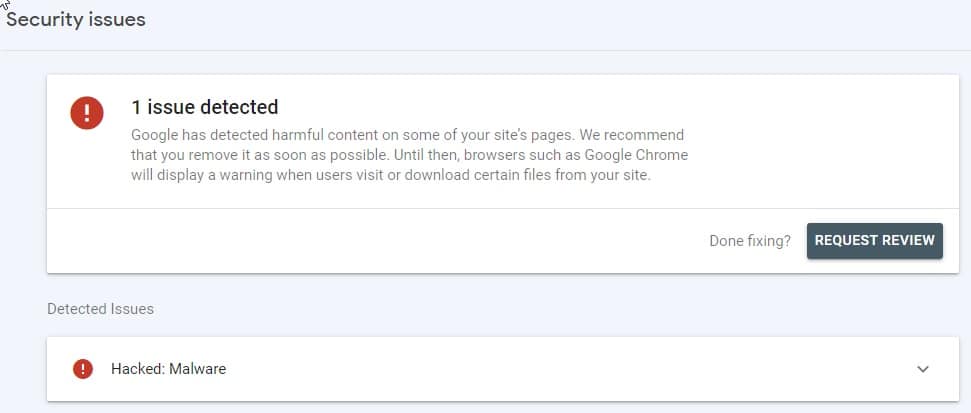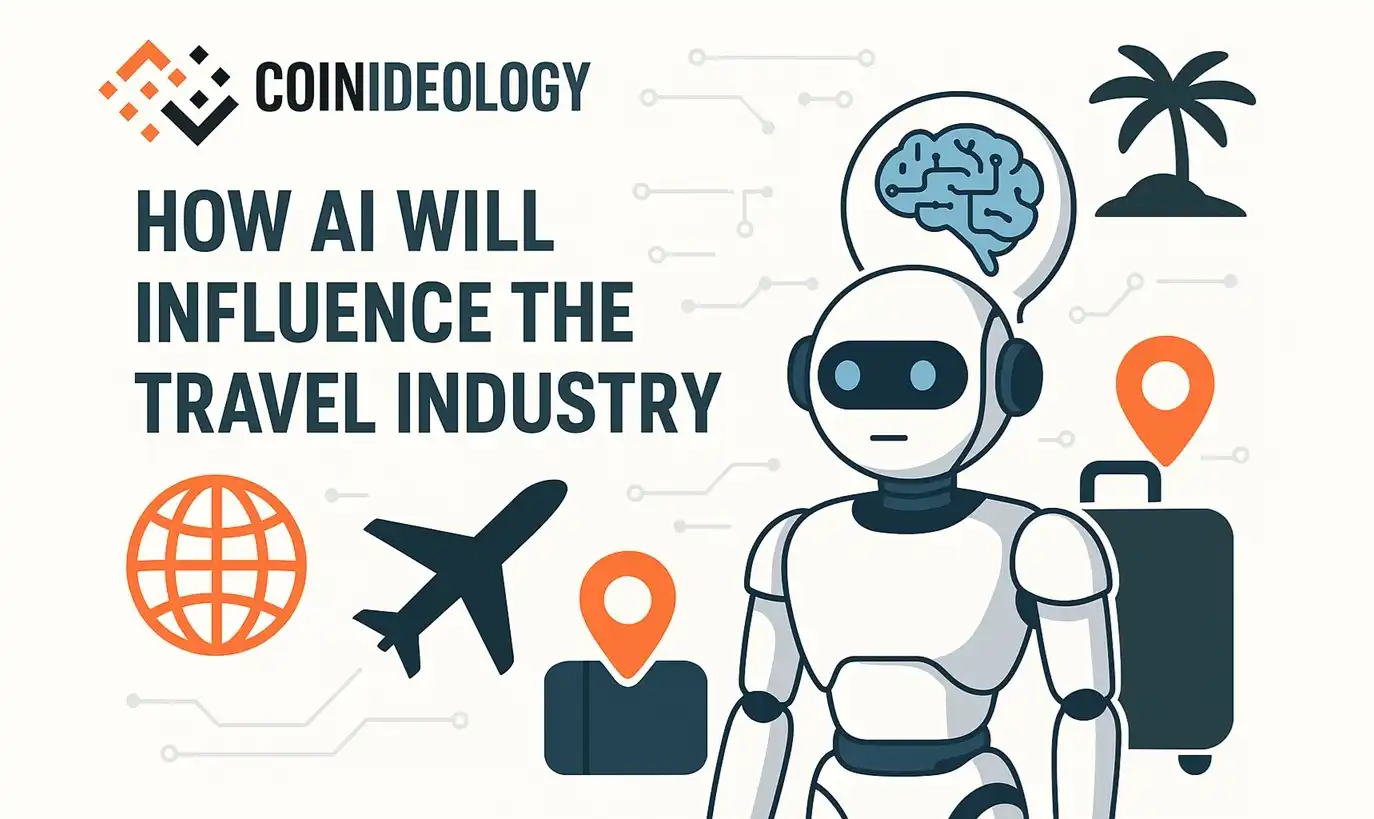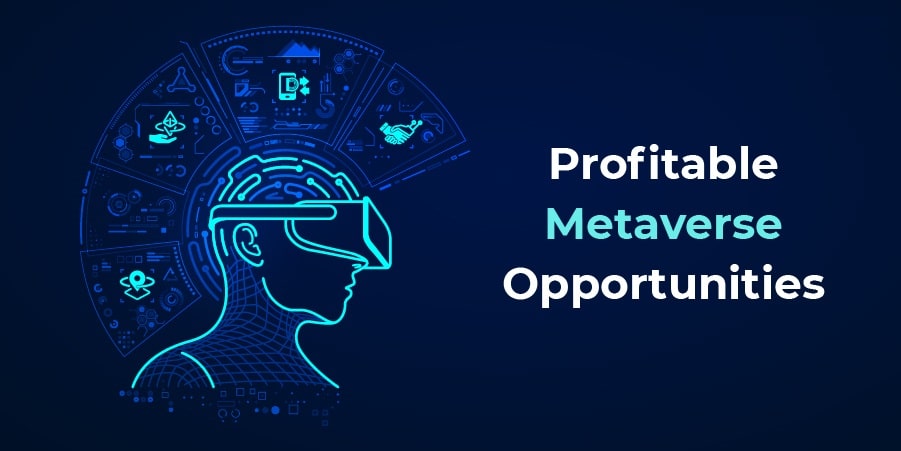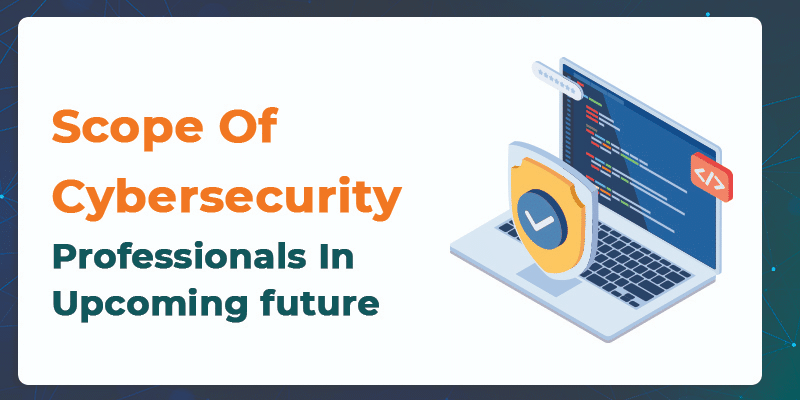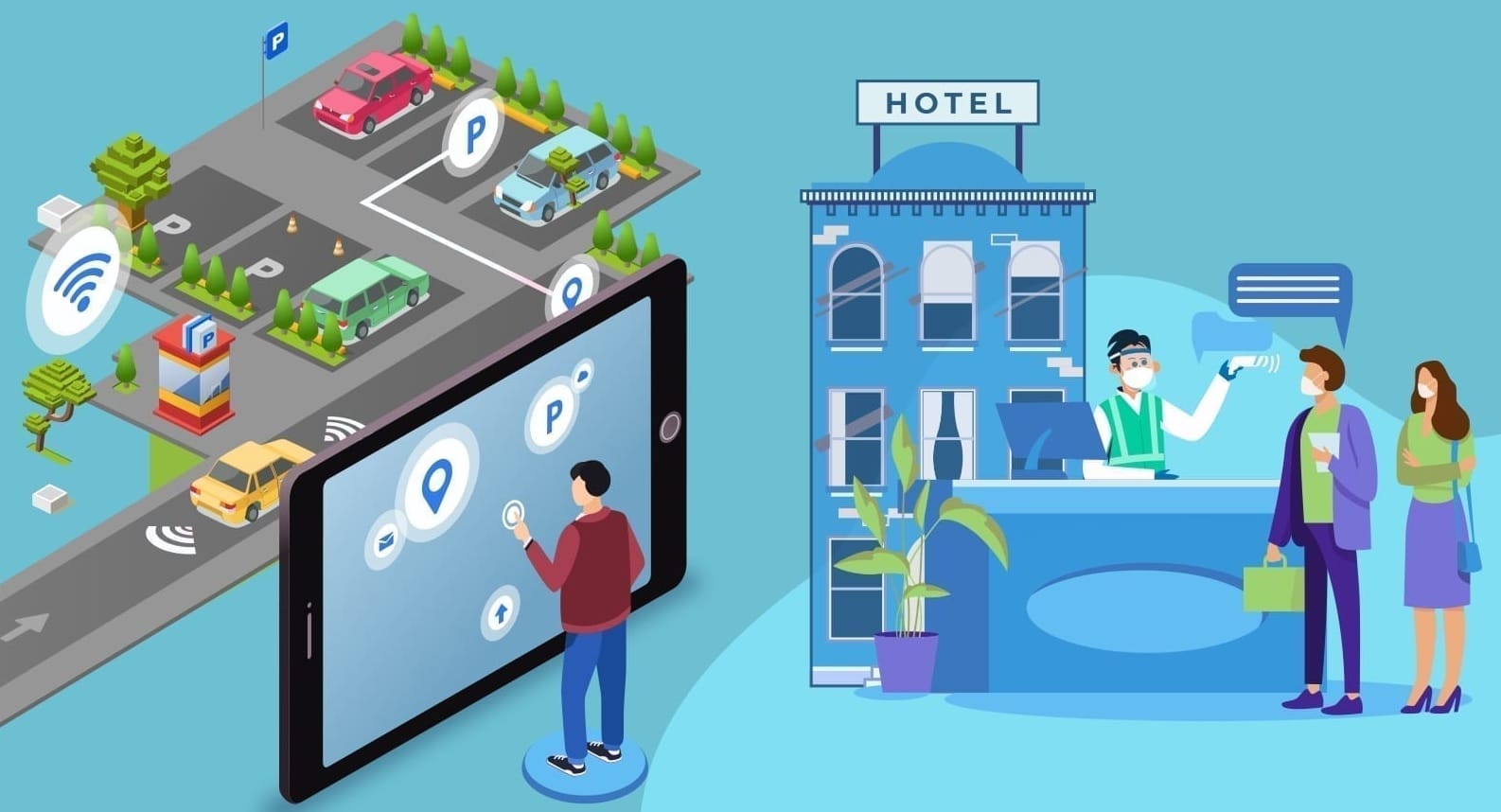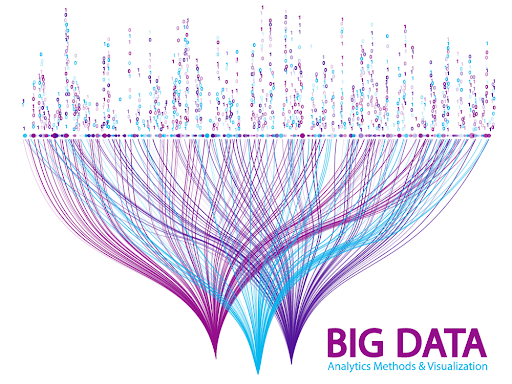Want to know how to growth your business using latest technology in 2025 for more improvement. Lets get started.
When technology is utilized at its maximum potential, it can be quite useful in not only creating a business but also improving its growth and productivity.
The roots of technology in today’s world do not end in the business arena, it has penetrated into personal gadgets as well. Mobile technology, including portable devices like laptops and tabs, used for personal usage, has saturated the market with their presence.
Business and Commercial Usage
Regardless of the size of the business, small or large-scale, technology is helping them to grow and create a name in the business world. The presence of technology and the internet revolutionizes the whole business world.
A large amount of data is stored and transferred every minute by the businesses. Marketing and promotions over digitals media have become a standard for firms. It is not only more effective but also cost-efficient.
Here are a few ways in which you can make effective use of technology and the internet to enhance the brand position and business growth in 2025:
Data Analysis
Businesses use the data analysis for developing marketing strategies. The most prominent example is the recommendation system of social media. Ever felt like seeing ads for things, frequently that you have been looking for (searching via a search engine)?
This happens because of the cookies left by the websites in the system. They collect data from the public, which is then analyzed by the data analyzers who are specialized in studying consumer buying behavior. This technique is used to see what trends according to the demand of people.
Accessing big data at full potential can help businesses grow efficiently; along with that comes many other benefits which like:
- Workable intuition develops a sense of eradicating risks at the root, which improves future performance.
- Competitors and other threats can be understood and kept under consideration. This will contribute to developing business strategies accordingly.
- As this helps in knowing trends and public demand, it will help in the improvement of services and products.
- This improves data analysis techniques which also helps in analyzing data in future and gives you a competitive advantage in the market.
- Online reputation and brand image improve when business production becomes effective. This happens only because of big data analysis.
Cloud And Data Storage
Cloud is a practical and convenient way of storing data. Before the step-in of technology in the business world, data storage was a huge problem; it either was unsafe or insufficient.
A big chunk of resources was used to manage it. Since the innovative cloud system has become a part of the business world, data storage is not a problem anymore. For terabytes to petabytes, Huge databases are maintained on a daily basis even with sensitive and confidential information, overcloud.
Sharing, transferring, and safekeeping of data has been entirely revolutionized by the cloud data storing system. The staggering implications of data storage are taking over the offline storage system including, system storage itself and other devices like USBs, Compact discs and drives.
- You can achieve efficient and easy access to your data for anywhere in the world without having to go through any troubles of carrying heavy (hard) drives, cables and storage devices.
- Cloud acts as an excellent backup for all kinds of data. In case of any data misplacement or loss, you can get a smooth and efficient back up from the cloud, anytime.
- As mobile technology is advancing, storage problems are being resolved. The cloud provides limitless data storage. Instead of remaining limited to the device or SD card storage, you can now enjoy the unlimited capacity of the cloud.
- Document collaboration with advanced tools in real-time is now possible with the cloud, which can help you improve your business by providing a record for all activities and production.
Explore Digital Marketing
Are you still using paper media and old school ways to market your business or product? Forget all that as now technology has taken over and has made lives easier by all means.
You can now sell and promote your business through social media and the internet. It is not only more effective but also consumes less time and resources.
Types Of Digital Marketing
- Social Media
- SEO (Search Engine Optimization)
- Emails and text messages
- Digital media training
Paid promotions and advertisements are a great way of increasing growth as it brings traffic to your business and creates a name in the business world.
Running ads on YouTube, Facebook, Instagram and other social media platforms will not only introduce more people to your business but also inform your potential customers with the upcoming products and services.
With social media promotion, your brand name is brought about in front of ordinary people, whereas with SEO, you can reach a targeted audience. Via SEO, optimization of your customer reach increases up to a great extent.
Emails, text messages and media training help in improving digital marketing strategies which can lead to a better approach in promotions and brand image maintenance.
Customer Experience
Innovative technology has improved customer experiences all in all, which is becoming an incredible factor for businesses. With innovative technology, companies are better able to treat and serve their customers on time.
1. VR (Virtual Reality)
Virtual Reality is usually considered as an entrainment maneuver. It is much more than that. Nowadays, large businesses have been using VR to give their customers a walk-through experience of their new ideas which makes them get feedback for future evaluation and improve their status simultaneously.
Fashion Industry, Automobile industries and Console makers like Sony PlayStation have been using virtual reality to provide their customers with a life-like experience for their future launches and have been successful in fulfilling their goals.
2. On-Spot Customer Support
Customer support is an essential part of any business. If you are not serving your customer right and on time, it is just not worth it. Using innovation like mobile technology and the internet can help in reaching your customer and resolving their issues, effectively and efficiently.
Chat heads on websites with an on-spot customer service representative is quite convenient for people to solve their issues as soon as they face any. It is an excellent option for people who tend to use the website for services like online shopping and product specification information.
Feedback is essential for growth. If you have sufficient knowledge of your performance, you can make a better evaluation and alteration of the procedure and strategies. Generate a feedback box on your website or online business page to get feedback, suggestions and reviews from customers to improve your performance and grow bigger and bigger. This is another way of smart data collection, getting to know your customers’ consumer buying behavior better.
Communication And Reach
Regardless of the nature of any business, communication is an essential key to better growth and performance. In the case of digital marketing and online store running, communication barriers are lifted.
Effective Communication
Using innovative technology like the internet and social media, communication has been made more effective. You can deliver your message via text, voice, images and even videos. This brings more clarity and removes all kinds of ambiguities keeping the communication transparent.
Sometimes the transfer of information requires security and encryption for cybersecurity purposes. Advanced technology like RFID and other authentication methods can quickly secure your sensitive information until it is delivered to the right person.
Efficient Communication
For the information to reach the right person is not enough in business. Timing is quite important too. If the communication is not efficient, not only the internal business affairs are affected, but the customers and potential buyers also lose interest.
By improving your response timing and making communication more efficient, the production would catch pace as well as your customer service feedback would improve too, increasing consumer morale and brand image.
Online Payments
Online payments are a blessing not only for the business but for the customer as well. Previously there were security issues where people did not have confidence in online cash transfer due to problems like stealth and hacking.
The new seamless accounting program integrated by many businesses is providing reliable and useful online payment methods and record management.
Online systems and technological development have made payment methods flexible which benefits small to big, all kinds of businesses.
It reduces expenses of cash collection and prevents the stealth of money as well. Management of accounts and bills manually can be a chaotic and lengthy procedure.
Another benefit of this technology is enhanced customer experience. Online payments help customers purchase goods or services with a convenient payment method without having to deal with physical money transfer.
As customer experience improves, the image of the company develops. This means that not only the internal affairs are going smoothly, but the externalities are favoring the growth of the business too.



